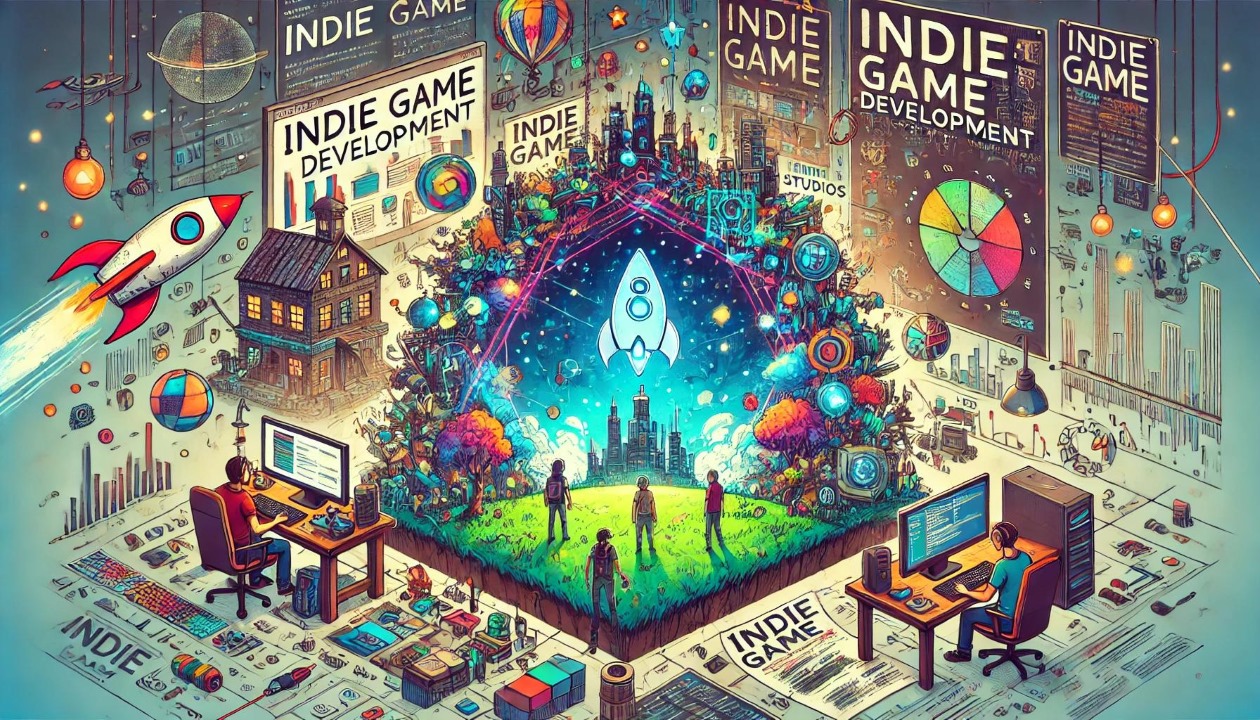New VR Experience Transports Players to a Futuristic Dreamscape
Imagine stepping into a realm where the boundaries of reality blur, where neon skies and gravity-defying architectures replace the mundane, and every moment pulses with wonder. This isn’t just another virtual reality (VR) game—it’s a full-scale, multi-sensory journey into a futuristic dreamscape that promises to redefine immersive entertainment. In this article, we’ll explore every facet of this groundbreaking experience, from its visionary design and technical innovations to the emotional impact it has on players. Prepare to be transported.












